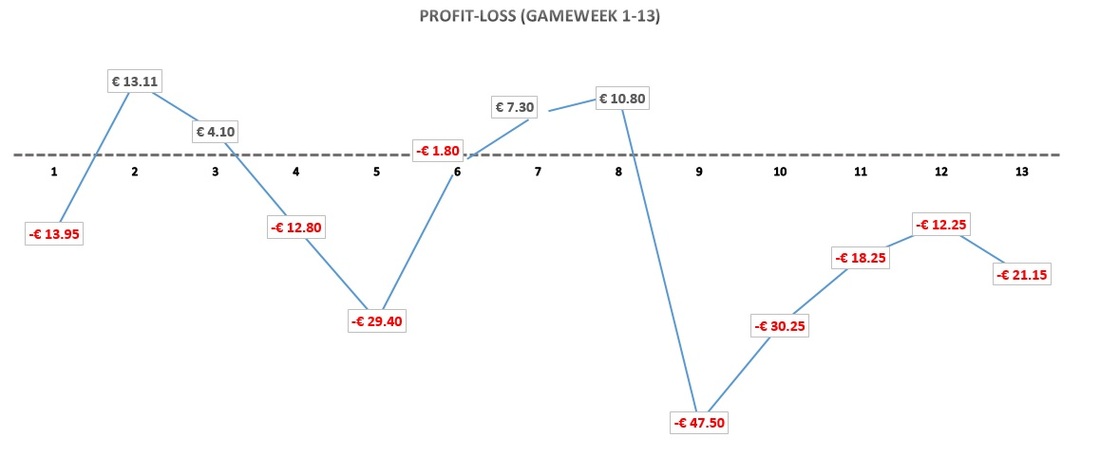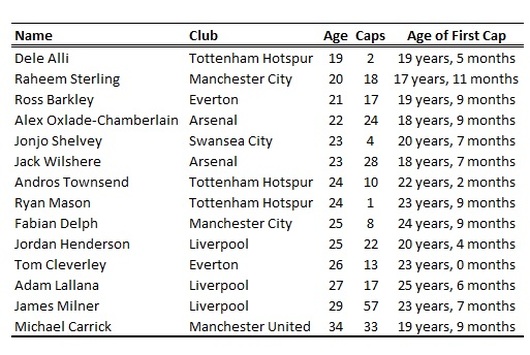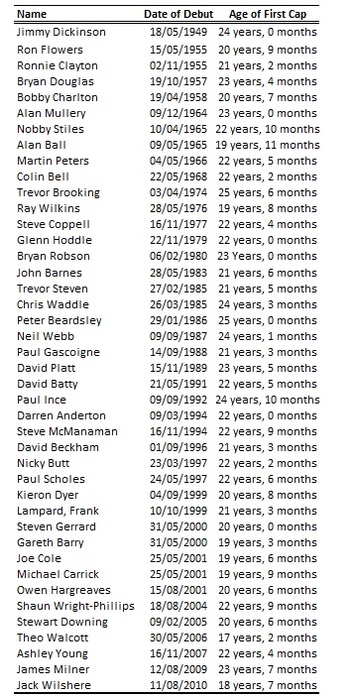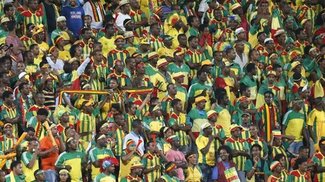This year Ed Valentine is conducting an interesting experiment that can be followed on the Beat the Bookies tab. Ed currently works with Opta Sports in Leeds as a football analyst and is using statistical models combined with a decision rule to try and outperform the football betting market.
In a similar vein to the horse racing festivals over the years, Ed is aiming to win ‘fantasy’ money by betting on the outcomes of matches in major European leagues. The teams he can choose were selected at the start of the 15/16 season and are based on (i) the win percentage in their respective league over the last 5 seasons and (ii) the median values of the major online book makers’ favourites for the season. These values were weighted to establish the top four teams in each league. The top two teams were then selected from each of the Big 5 European leagues. This allows Ed to bet on the following clubs each week: Barcelona, Bayern Munich, Chelsea, Juventus, Lyon, Manchester City, PSG Roma, Real Madrid and Schalke.
He can only bet on domestic league matches for these teams and he does not have to use all of teams every week. Bets are not made when the selected teams play against each other in their domestic league either. An imaginary amount of €50 is staked every week for win only bets. The odds used are the best value offered by the main bookmakers in the days prior to kick off.
Below is Ed’s profit-loss chart after 13 gameweeks. As the data shows, even with decision rules that favour the ‘best teams’ and statistical models that predict, it is extremely challenging to win money. Notably, Chelsea have cost Ed's pot on numerous occasions (as I'm sure they have done for every punter!). There's a long way to go however and while Ed is currently in the domain of losses a large part of the season remains.




 RSS Feed
RSS Feed